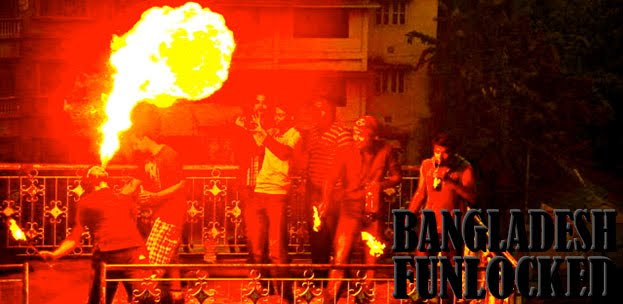 |
| Dan Morrison, travel writer, newsman, adventurer. |
As I have just discovered, Bangladesh can truly provide an adventure of a lifetime. Whether you are a hard-core American travelling veteran, such as boatman number one, Dan Morrison, National Geographic South Asian correspondent and writer of the Black Nile (where he describes how he travelled the length of the Black Nile in a rowing boat), a local Bangladeshi tour guide who believes they have unlocked the whole country (boatman number two), or an British ex-pat previously brought up in the American International School in Dhaka, with a passion for adventure and a degree in tourism management (boatman number three)!
 |
| Incredible Shiva temple on the way past at Manikganj. |
In this country you can almost access all of the 64 districts by river. The rivers in this great ancient delta, range from narrow to wide, they travel beside historical treasures, the weird and wonderful, lost cities, bustling marketing towns and the most friendly and curious hosts in the world. There is little more a country can offer in terms of a river adventure, if you don’t mind getting your hands dirty and relying on the hospitality of any passing village. Whilst travelling down a great river such as the Ganges or Brahmaputra, it is amazing to think about it as a great centre of world trade up to 5,000 years ago, and then finding remaining evidence of this on the shores.
 |
| Shihab in action! |
The objective of this particular adventure was based on a continuation of Dan’s aspiration to travel the distance of the Ganges River, not so much the amazing archaeological discoveries we were passing each day. The passionate newsman and author had already covered its waters from the source in the Himalayas, and just needed to complete the Bangladesh leg, known as the Padma River, ending up in the Bay of Bengal. Accompanying him was myself an ex pat recently back in Bangladesh from Britain, after a 10 year absence, and Tiger Tour’s most experienced guide, Shihab.
 |
| A typically warm welcome! |
The trip began next to the Indian Border at Rajshahi, where we met a man with a boat used for transporting cattle across the river. The idea was to find boats along the way and stay a night at a destination as far as they would take us. This style of travelling ensured we wouldn’t know where we would end up or what kind of boat we used to get there. It allowed us to stay at villages, government lodges, hotels, university student halls and teachers lodgings. It meant we got to experience travelling in boats designed for speed or volume, for transportation of commuters, cows, sand, fish and cargo. The boats ranged from the traditional, pretty and quiet, to the complete basic and also the large launches.
 |
| Monsoon river exceeding cow-level. |
Towards the end of the trip we reached the islands in the Bay of Bengal, where the sea became rough and the waterways extremely wide. On the eighth night we reached the most southern tip of the trip and stayed in the flooded island of Nijhum Dwip. The famous mangroves most associated with the Sundarbans were a beautiful end to the Ganges! The adventure concluded with an overnight launch back to Dhaka.
 |
| Mangrove forest at the end of line. |
This kind of unique backpacker style trip is fantastic in Bangladesh. As long as a member of the party speaks Bangla then you will get by anywhere and be welcomed with open arms, a cup of tea and a place to stay. The lack of tourism in this country means the reaction of locals to your passing through is priceless in many ways. Travelling here also provides an experience for a tourist that is not only exciting but also very satisfying. A great sense of achievement is waiting for you at the end of everyday.
 |
| Travelling during Ramadan. |
If this kind of adventure takes your fancy, pick a river and bring your Bangla dictionary! This kind of trip is not possible with most tour companies in Bangladesh, they do not believe in this kind of adventure and sustainable tourism, by which local people receive 100% of the money they are supposed to.
 |
Fantastic skys on the launch back to Dhaka.
If a Bangla speaker is not available to you, then Tiger Tours can provide a fantastic guide. Shihab is amongst a group of archaeological masters graduate guides, who is knowledgeable, but also willing to dive into the unknown, and travel where ever you wish, he enjoys it just as much as the tourist! |
 |
| Three men on a boat. |










.jpg)